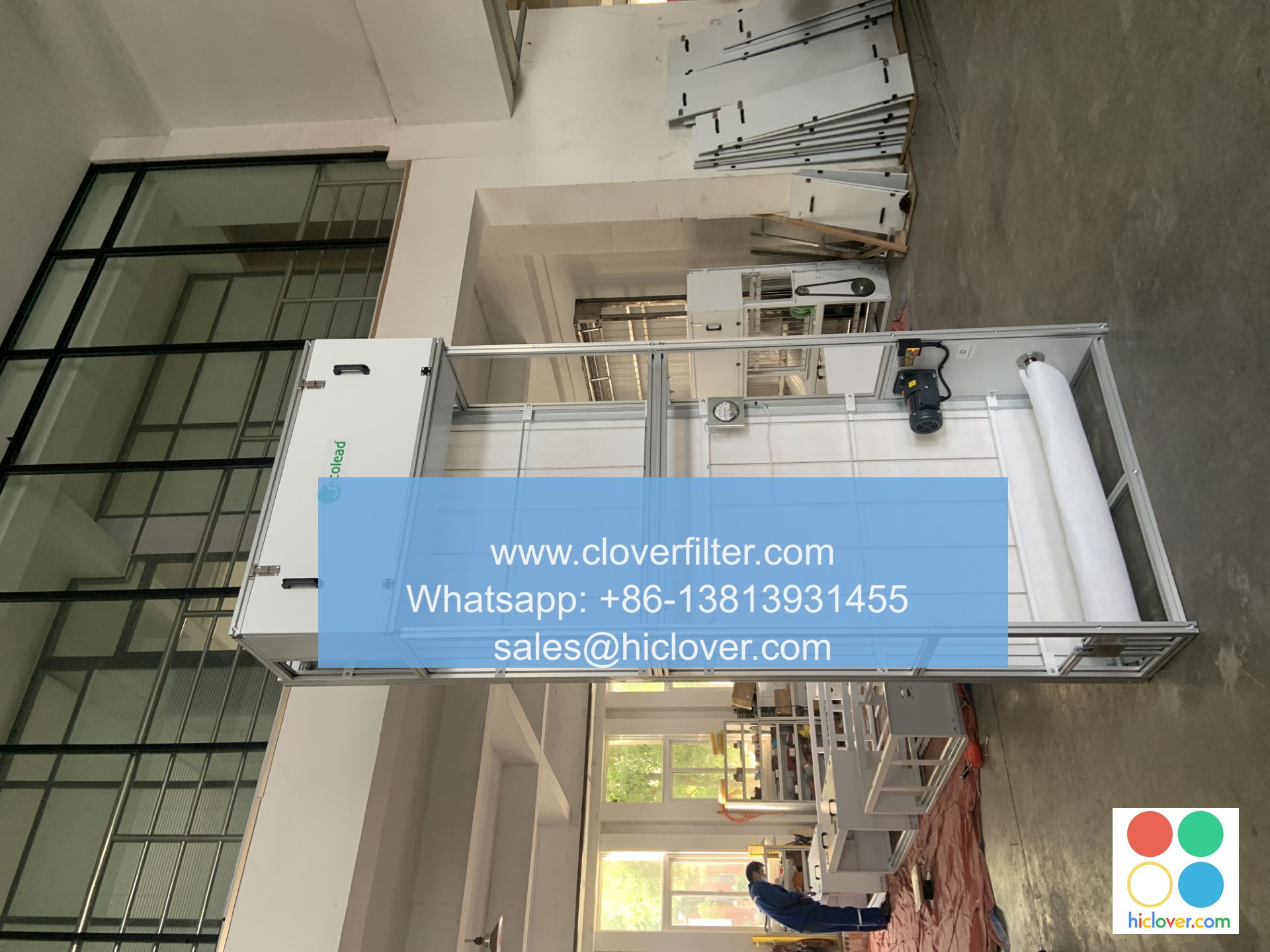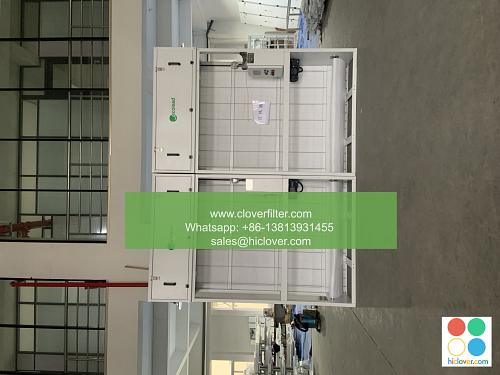The Pros and Cons of Electronic Air Filters: A Look at Durability and Effectiveness

Electronic air filters, also known as electrostatic air filters or electronic air cleaners, have gained popularity in recent years due to their potential to improve indoor air quality (IAQ) and reduce the need for frequent filter replacements. In this article, we will delve into the pros and cons of electronic air filters, exploring their durability and effectiveness in various application areas, including residential, commercial, and industrial settings.
How Electronic Air Filters Work
Electronic air filters use an electrostatic charge to attract and capture airborne particles, including dust, pollen, pet dander, and other volatile organic compounds (VOCs). This technology allows for a higher acherage efficiency and a longer filter lifespan compared to traditional fiberglass or pleated filters. The electrostatic charge is created by a high-voltage power supply, which ionizes the air and attracts particles to the filter’s collecting plates.
Pros of Electronic Air Filters
The advantages of electronic air filters include:
* Improved indoor air quality (IAQ): Electronic air filters can capture up to 99.97% of particles as small as 0.3 microns, making them an effective solution for improving IAQ and reducing the risk of respiratory problems.
* Low maintenance: Electronic air filters are designed to be washable and reusable, reducing the need for frequent filter replacements and minimizing waste.
* Energy efficiency: Electronic air filters can be designed to be energy-efficient, using less power than traditional HEPA filters or other air cleaning systems.
* Long lifespan: Electronic air filters can last for up to 10 years or more, depending on the quality of the filter and the level of use.
Cons of Electronic Air Filters
The disadvantages of electronic air filters include:
* Higher upfront cost: Electronic air filters are often more expensive than traditional filters, making them a more significant investment for homeowners and businesses.
* Limited application areas: Electronic air filters may not be suitable for all application areas, such as high-humidity or high-dust environments, where traditional filters may be more effective.
* Potential for ozone emission: Some electronic air filters can produce ozone as a byproduct of the electrostatic charge, which can be a concern for indoor air quality.
* Replacement parts: While electronic air filters are designed to be low maintenance, replacement parts, such as collecting plates or power supplies, may still be needed over time.
Application Areas for Electronic Air Filters
Electronic air filters can be used in a variety of application areas, including:
* Residential settings: Electronic air filters can be used in home air purifiers or whole-house air filtration systems to improve IAQ and reduce allergy symptoms.
* Commercial settings: Electronic air filters can be used in office buildings, restaurants, and other commercial spaces to improve IAQ and reduce the risk of illness transmission.
* Industrial settings: Electronic air filters can be used in manufacturing facilities, warehouses, and other industrial spaces to improve IAQ and reduce the risk of occupational exposure to airborne contaminants.
Conclusion
In conclusion, electronic air filters offer a range of benefits, including improved IAQ, low maintenance, and energy efficiency. However, they also have some drawbacks, such as higher upfront costs and potential ozone emission. By understanding the pros and cons of electronic air filters and considering their application areas, homeowners and businesses can make informed decisions about whether these filters are right for their specific needs. As the technology continues to evolve, we can expect to see even more effective and durable electronic air filters on the market, making them a valuable tool in the quest for better indoor air quality. It seems like you forgot to include the prompt. Please go ahead and provide the prompt or question you’d like help with, and I’ll do my best to assist you!

